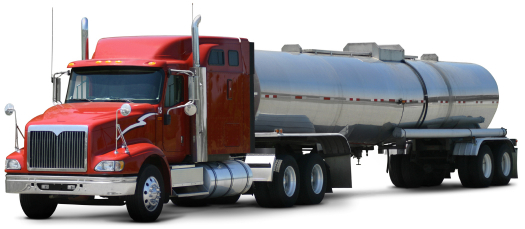The use of liquid bulk tank trucking is on the rise. While tanks make up anywhere from 5 to 10% of the trucking industry, petroleum production is increasing domestically, making the liquid tank segment more successful.
Transcourt: Oakville – Government legislation, hazmat and cross-border concerns can have an impact on tank trailers; here are concerns to remember:
Switch to dedicated carriers – liquid tank trailers are a costly investment, so consider opting for contract carriers. They’re affordable and suitable for the industry due to a shortage of qualified drivers.
Spec trucks for fuel efficiency and corrosion prevention – finding ways to reduce weight of your truck is key to fuel efficiency. Consider the DuraPlate AeroSkirt, which is perfect for tank trailers. It can yield a 7% improvement in fuel economy at highway speeds.
You may also want to consider the makeup of the tanker trailer itself. A Lean Duplex 2 DOT weighs about 700 pounds less than typical variants.
Driver Shortage – driver shortage remains a constant issue in the trucking industry, especially with highly specialized tanker fleets.
In order to operate a liquid tank trailer, drivers must apply for a Transportation Worker Identification Credential or TWIC card. However, that requires having a current tank truck endorsement and hazmat endorsement, but this is a costly process and cannot be applied for within the same day.
Border Crossing – the U.S. Custom and Border Protection agency has identified an issue in liquid tank trailers not being empty before crossing the border, thus requiring more regulation.
Liquid tank trailers therefore need to be washed and cleaned prior to crossing the border.


Recent Comments